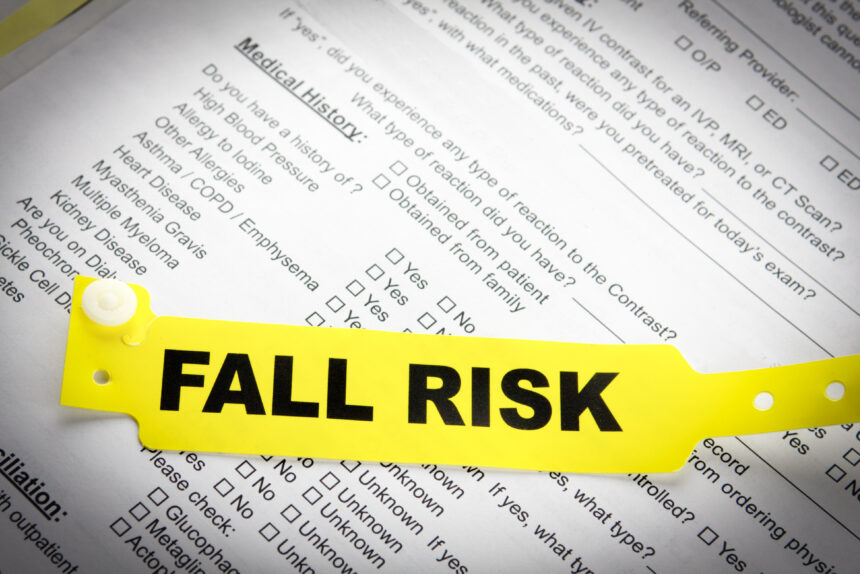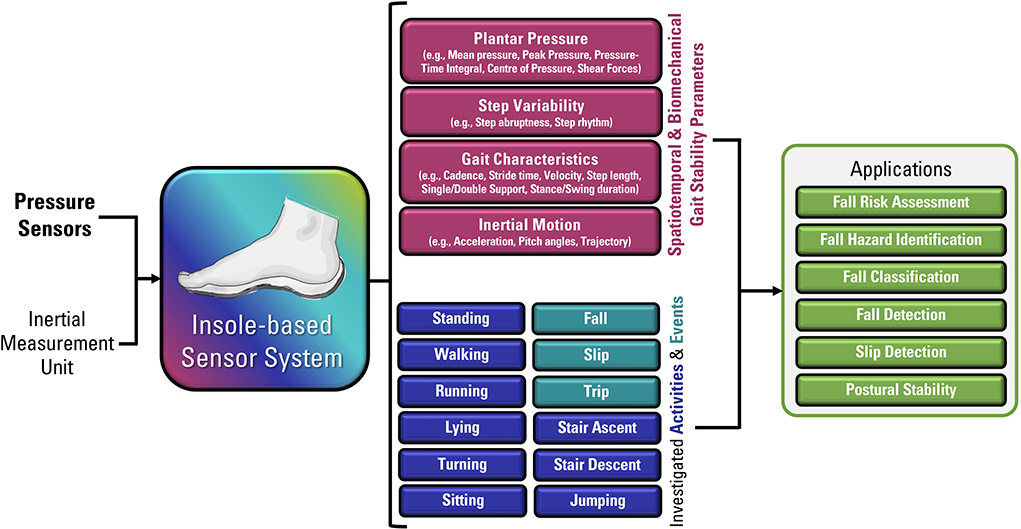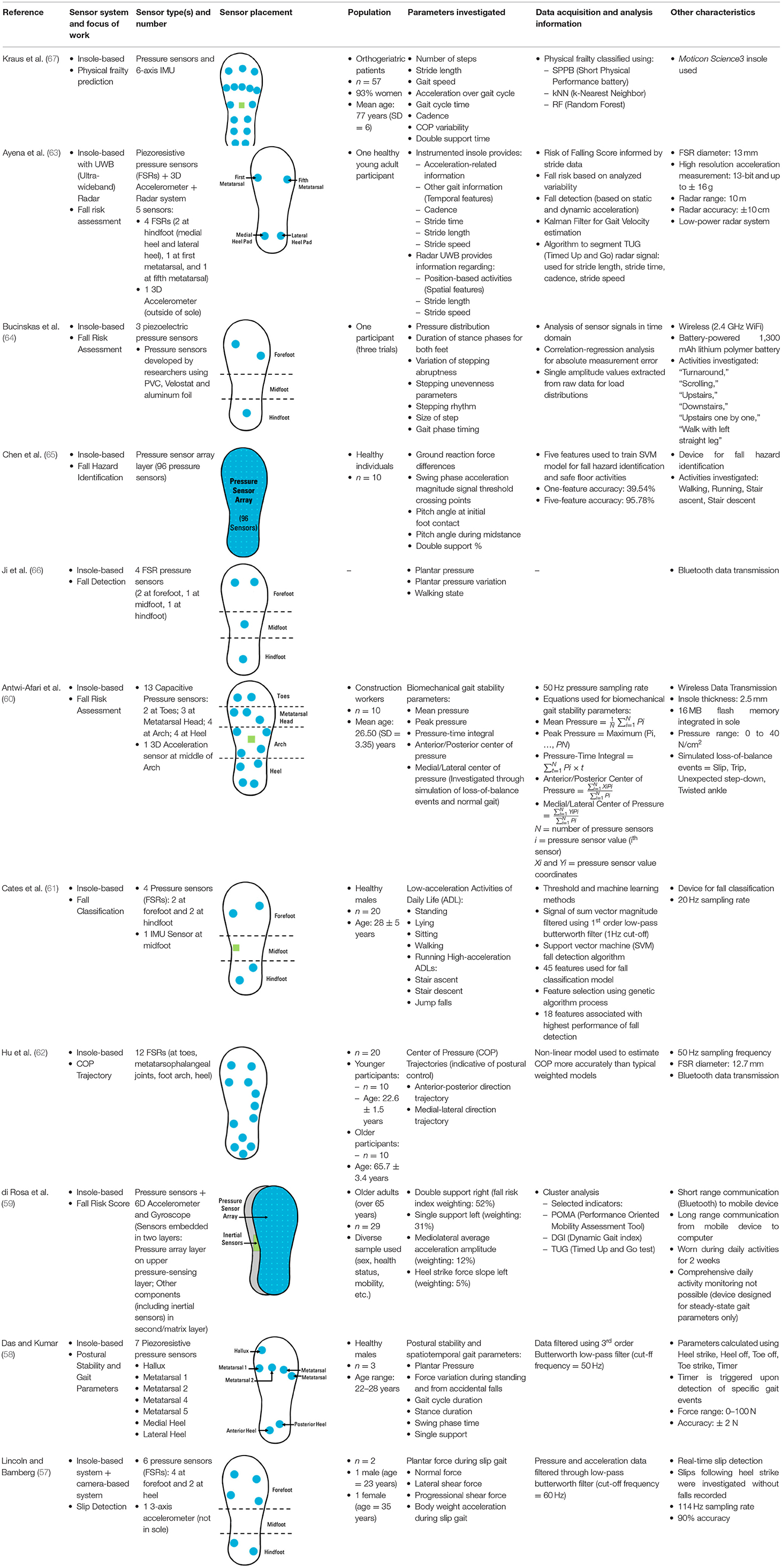Get This Report about Dementia Fall Risk
Get This Report about Dementia Fall Risk
Blog Article
The Best Guide To Dementia Fall Risk
Table of ContentsThe Greatest Guide To Dementia Fall RiskThe 8-Minute Rule for Dementia Fall RiskThe Basic Principles Of Dementia Fall Risk The Ultimate Guide To Dementia Fall RiskAn Unbiased View of Dementia Fall Risk
Assessing fall threat aids the whole medical care group establish a much safer atmosphere for each client. Ensure that there is a marked location in your medical charting system where staff can document/reference ratings and document appropriate notes associated with fall prevention. The Johns Hopkins Loss Danger Assessment Device is just one of lots of tools your team can utilize to assist prevent damaging clinical events.Individual falls in hospitals are usual and devastating negative events that continue despite years of initiative to lessen them. Improving interaction across the examining registered nurse, care team, person, and client's most entailed loved ones might enhance loss prevention initiatives. A group at Brigham and Women's Hospital in Boston, Massachusetts, sought to create a standardized autumn avoidance program that focused around improved interaction and person and family interaction.

The innovation team stressed that successful application relies on client and team buy-in, integration of the program into existing operations, and fidelity to program processes. The group kept in mind that they are grappling with exactly how to ensure continuity in program application throughout periods of dilemma. Throughout the COVID-19 pandemic, as an example, a boost in inpatient drops was linked with limitations in person involvement in addition to limitations on visitation.
What Does Dementia Fall Risk Mean?
These incidents are usually thought about preventable. To carry out the treatment, organizations need the following: Access to Fall TIPS resources Loss pointers training and re-training for nursing and non-nursing team, consisting of new nurses Nursing workflows that allow for patient and family members involvement to perform the drops evaluation, guarantee use of the avoidance strategy, and carry out patient-level audits.
The results can be highly destructive, usually increasing individual decline and causing longer health center keeps. One research study estimated keeps boosted an extra 12 in-patient days after a patient loss. The Autumn TIPS Program is based on interesting individuals and their family/loved ones across 3 primary processes: analysis, personalized preventative interventions, and bookkeeping to guarantee that patients are involved in the three-step fall avoidance process.
The person evaluation is based on the Morse Autumn Scale, which is a confirmed fall threat evaluation device for in-patient healthcare facility settings. The range includes the 6 most common reasons patients in health centers drop: the person autumn background, high-risk problems (including polypharmacy), he said usage of IVs and other exterior devices, psychological standing, gait, and flexibility.
Each danger variable relate to several actionable evidence-based interventions. The registered nurse creates a plan that includes the interventions and shows up to the treatment team, individual, and family members on a laminated poster or printed visual aid. Registered nurses create the plan while consulting with the person and the client's family members.
Little Known Questions About Dementia Fall Risk.
The poster works as an interaction device with other members of the client's care team. Dementia Fall Risk. The audit element of the program consists of examining the individual's understanding of their danger aspects and prevention plan at the unit and healthcare facility degrees. Nurse champions conduct at the very least five individual meetings a month with people and their families to look for understanding of the fall avoidance strategy

An estimated 30% of these falls lead to injuries, which can range in seriousness. Unlike other damaging occasions that need a standardized clinical feedback, autumn prevention depends highly on the demands of the individual. Including the input of individuals that understand the client best permits higher customization. This technique has confirmed to be a lot more efficient than loss avoidance programs that are based primarily on the manufacturing of a danger rating and/or are not personalized.
Some Known Factual Statements About Dementia Fall Risk

Based upon bookkeeping results, one website had 86% conformity and two websites had more than 95% compliance. A cost-benefit evaluation of the Fall ideas program in 8 healthcare facilities estimated that the program cost $0.88 per individual to implement and led to financial savings of $8,500 per 1000 patient-days in direct costs associated to the avoidance of 567 falls over three years and eight index months.
According to the technology team, organizations thinking about applying the program should conduct a readiness evaluation and drops avoidance voids analysis. 8 Additionally, organizations must make certain the necessary infrastructure and workflows for implementation and establish an application strategy. If one exists, the company's Autumn Avoidance Job Force must be entailed in preparation.
The 6-Second Trick For Dementia Fall Risk
To start, organizations should ensure conclusion of training components by nurses and nursing assistants - Dementia Fall Risk. Health center team must evaluate, based on the demands of a health center, whether to utilize an electronic health document printout or paper variation of the fall avoidance plan. Executing groups must recruit and educate nurse champs and develop processes for bookkeeping and reporting on loss data
Staff require to be associated with the procedure of revamping the workflow to involve patients their website and family members in the evaluation and avoidance plan procedure. Solution needs to be in area to ensure that units can comprehend why a fall happened and remediate the cause. A lot more specifically, registered nurses should have networks to provide continuous responses to both personnel and device management so they can readjust and boost fall prevention process and communicate systemic troubles.
Report this page